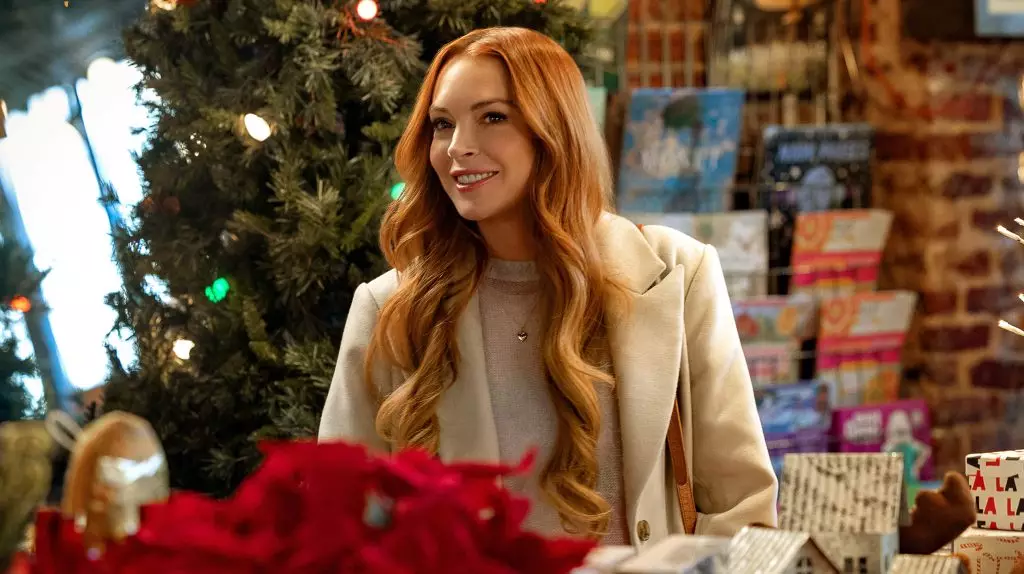Lindsay Lohan’s recent movie endeavors with Netflix unveil an interesting paradox in her career. While she enjoys a return to the limelight—eagerly headlining a trio of romantic comedies that spark nostalgic delight—it poses an underlying question: how sustainable is this model? Lohan articulates a desire for more significant roles beyond her current fare, yet falling into the trap of feel-good narratives may provide just temporary refuge. Her efforts to manifest work during a pandemic-driven period of uncertainty signify resilience. However, this need for escapism shows both societal and personal implications—a longing for a simplified existence in a chaotic world, where her previous real-life struggles loom large.
The Ritual of Manifestation
The notion of “manifesting” opportunities might resonate with many currently grappling with a sense of powerlessness, particularly amid ongoing global crises. By inscribing her desires in a journal and verbalizing intentions, Lohan embodies a universal human impulse: the urge to control one’s narrative. This ritual acts as a bridge from a tumultuous past to a hopeful future. Yet, the focus on Netflix films as vehicles for this change feels limiting. Can Lohan truly thrive in an industry that often pigeonholes artists into archetypes? While her films might uplift audiences, they threaten to dilute her complex identity, reducing her artistry to a mere comfort zone in the world of romantic comedy.
Imminent Change: A Wasted Opportunity?
In her aforementioned interview, Lohan’s acknowledgment of a desire to diversify her roles—specifically expressing intent to return to Disney for her next feature—raises eyebrows. Is this a genuine yearning for creative evolution or merely a strategic play to cash in on long-established brand recognition? The cinematic landscape is evolving rapidly, and while Lohan aims to “bring people together,” one wonders if directing her focus toward deeper, more intricate narratives would not only serve her growth but also foster richer connections with audiences hungry for authenticity.
Moreover, it seems counterintuitive for an artist of Lohan’s caliber to confine herself to the feel-good genre, particularly given the transformative shift in societal dialogues surrounding mental health, intersectionality, and trauma. The romantic-comedy genre has its merits, but it also carries an air of complacency. This momentum towards diverse storytelling—a potential boon for both her and her audience—remains tantalizingly out of reach.
The Stakes of Artistry
As Lohan prepares to reprise her role in “Freaky Friday,” it becomes crucial to analyze not only her trajectory but the broader implications for her contemporaries. The film industry has a responsibility to provide platforms where talent can flourish outside familiar formulas. A collective step towards more complex narratives could invigorate a marketplace suffocating under repetitive tropes. It’s time for Lohan and many of her peers to resist the seductive allure of an easy paycheck and push boundaries that might otherwise seem daunting.
In this intricate interplay of personal growth and industry expectations, one cannot help but wonder: can Lindsay Lohan harness her next steps in a way that liberates not only herself but also those who look up to her? The future beckons, but with it comes the responsibility of choice, and in this moment of potential, we must hope she opts for depth over dependence.

Leave a Reply